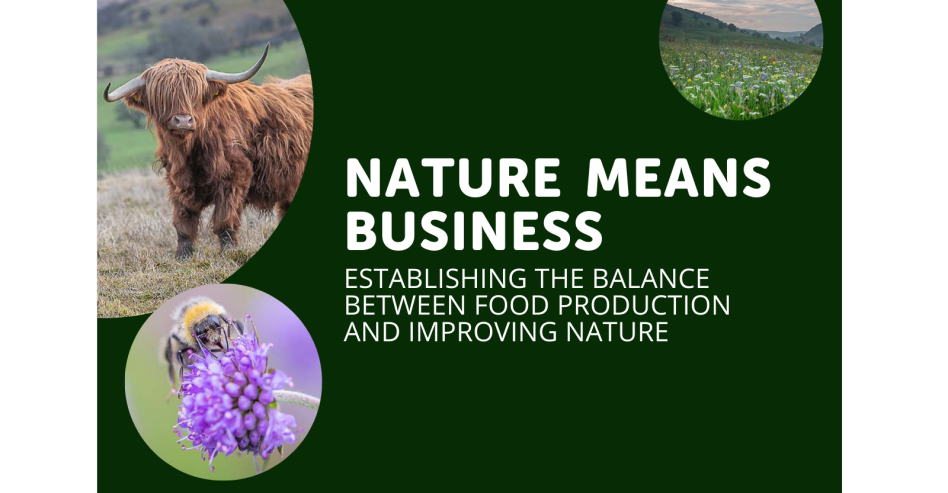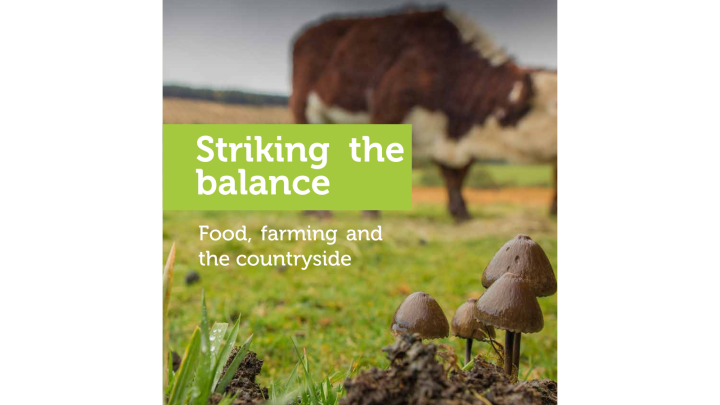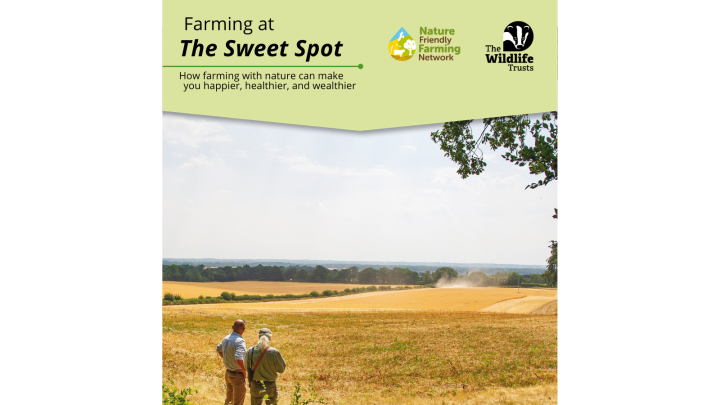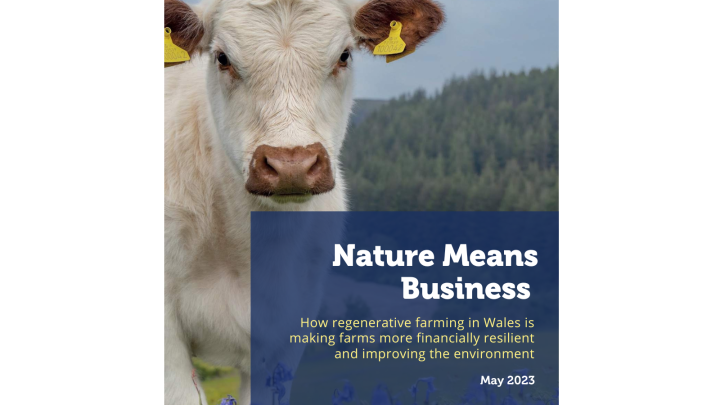Maximum Sustainable Output
Maximum Sustainable Output (MSO) is a metric for analysing the holistic success of a farm business devised by Nethergill Associates which determines at what point a farm achieves its optimum output while harnessing the natural resources available to it. It divides a farm’s variable costs into Productive Variable Costs (PVCs), which are incurred while working within nature’s boundaries, and Corrective Variable Costs (CVCs) which come up when production is overshooting the land’s capacity. CVCs include artificial fertilisers, bought-in feeds and plant protection products.
MSO has been created to counter the idea that increasing outputs will always result in a rise in profits. Instead, it aims to show that farms reach a point where inputs are reduced and output is maximised while efficiently using their natural resources. Beyond this point, the additional inputs required to increase output further come with significant costs. Analysis suggests that when CVCs account for 85% or more of total costs, every £1 of revenue generated above the MSO level comes with around £7.50 of costs.
This evidence is backed up by personal stories from nature-friendly farmers across the UK, who highlight the nature-friendly changes they have made to their farms and how this has made their businesses more resilient and profitable.
Following the initial Nature Means Business (2020) report, we've since published research across the UK exploring on-farm trials of the MSO framework:
Striking the Balance, Northern Ireland, 2023
Farming at the Sweet Spot, England, 2023
Nature Means Business in Wales, 2023
Striking the Balance (Northern Ireland)
Working within environmental limits could result in impressive economic gains for Northern Irish farms by reducing or eliminating expensive inputs such as fertilisers and feeds, suggests our latest study of 17 farms in the country in our report, Striking the Balance.





